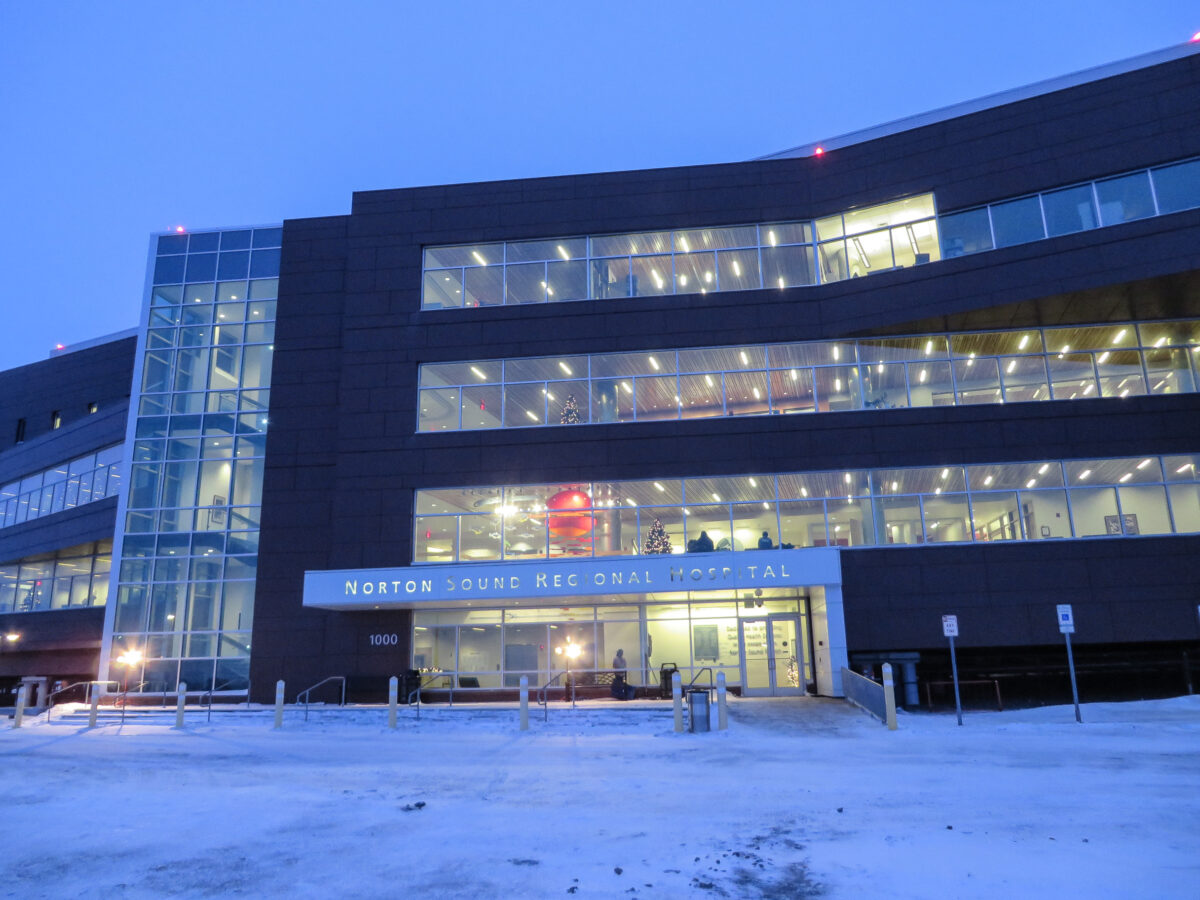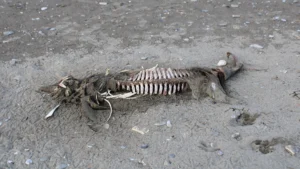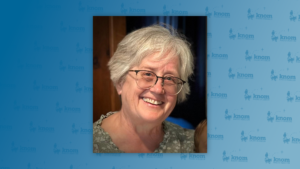A recent report from the Centers for Disease Control and Prevention (coauthored by a Department of Health and Social Services employee) found that Alaska Native people face disproportionate risks from COVID-19 compared to white residents in Alaska.
The report, which came out June 3, 2022, looked at reported COVID-19 cases, COVID-19 associated hospitalizations and COVID-19 related deaths occurring in the state from March 12, 2020 through December 31, 2021. Groups were studied by race and were divided into groups of Alaska Native or American Indian, white, unknown race and other racial groups. Statistics were adjusted to account for differences in population age distribution, and the study was reviewed by the Alaska Native Tribal Health Consortium.
The data in the report is consistent with the Division of Public Health’s Quarterly COVID-19 Update.
The report found that, out of 100,000 Alaska Natives and American Indians, 27% experienced COVID-19 as opposed to 12% out of 100,000 white people. 0.74% out of 100,000 Alaska Natives and American Indians experienced hospitalization due to COVID-19 as opposed to 0.27% of 100,000 White people. Two hundred and ninety seven out of 100,000 Alaska Natives and American Indians passed away due to COVID-19 as opposed to 0.1% of 100,000 White people.
In the Norton Sound region specifically, Norton Sound Health Corporation Medical Director, Doctor Mark Peterson, says “(with) the small number of hospitalizations and deaths we have had … the stats for our region are in line with what’s happening across the state.”
The report postulated several reasons as to why Alaska Natives might be disproportionately affected by COVID-19. One reason is that structural racism and generational trauma may have an overall negative effect on the well-being of Alaska Native individuals. It also pointed out that rural Alaskans only have access to certain specialized healthcare services when they travel to larger hub communities, such as Nome, and can only access yet more specialized healthcare procedures by traveling to urban areas such as Anchorage. The study points out that the difficulty and expense of traveling often discourages individuals from getting frequent healthcare services.
The report pointed out the importance of working with tribal health organizations and integrating a cultural approach into health initiatives.
Image at top: Norton Sound Health Corporation’s hospital in the hub city of Nome. Photo: Laura Kraegel, KNOM.





